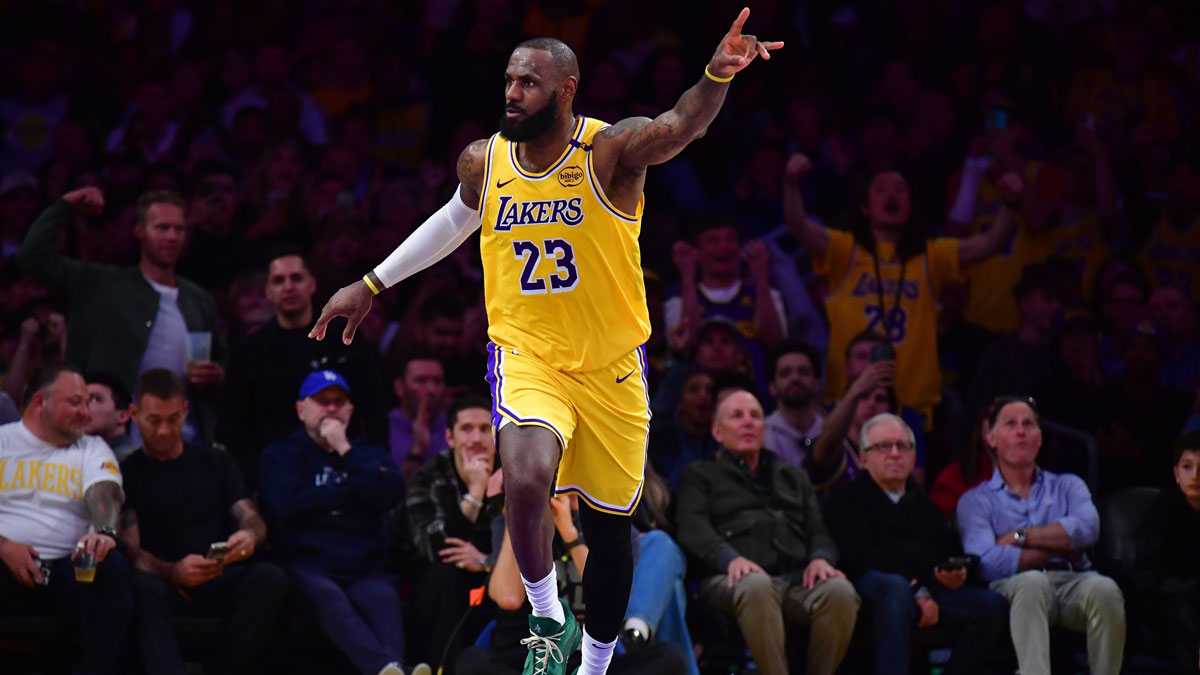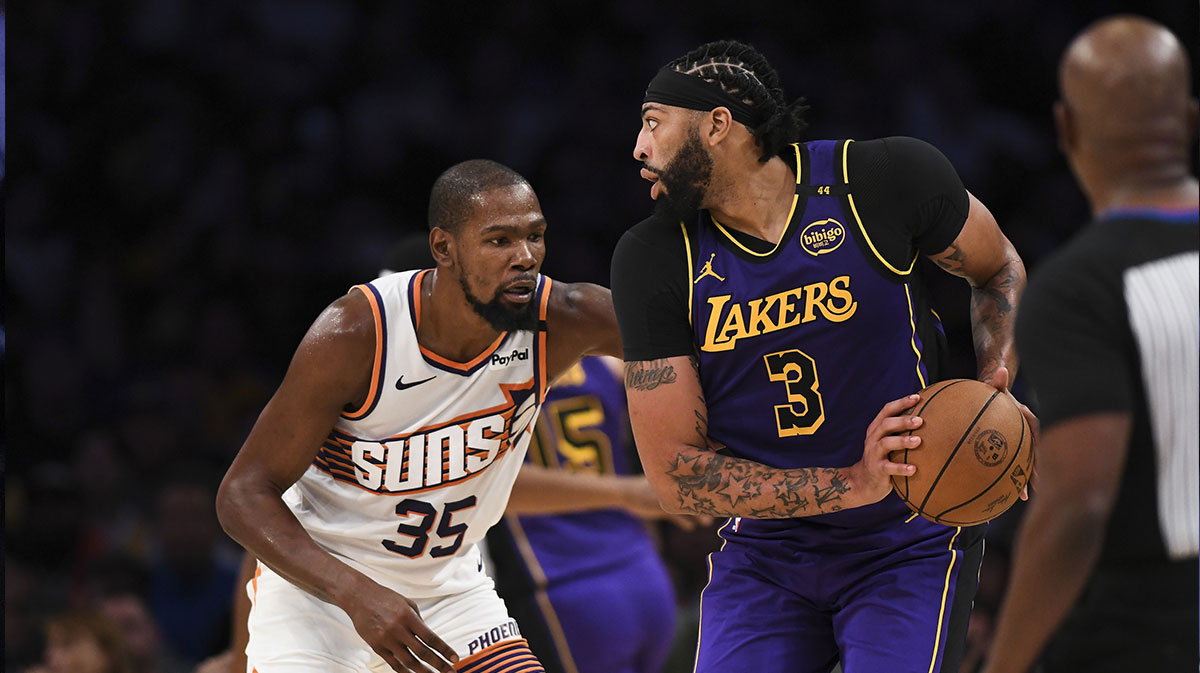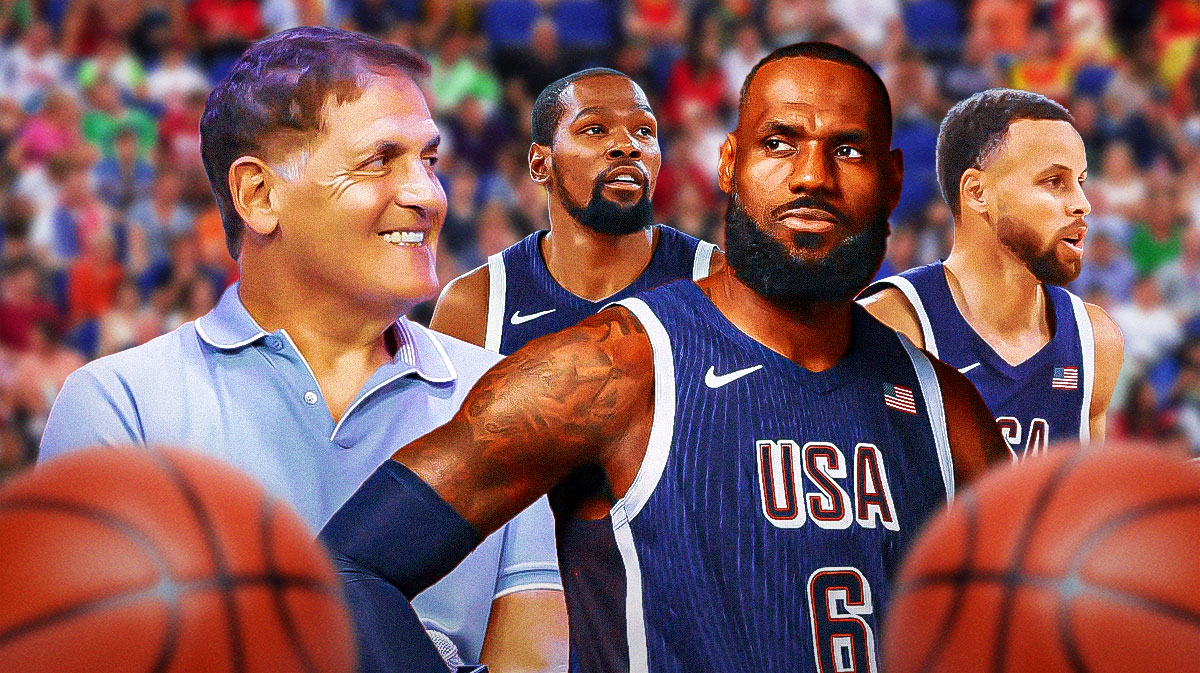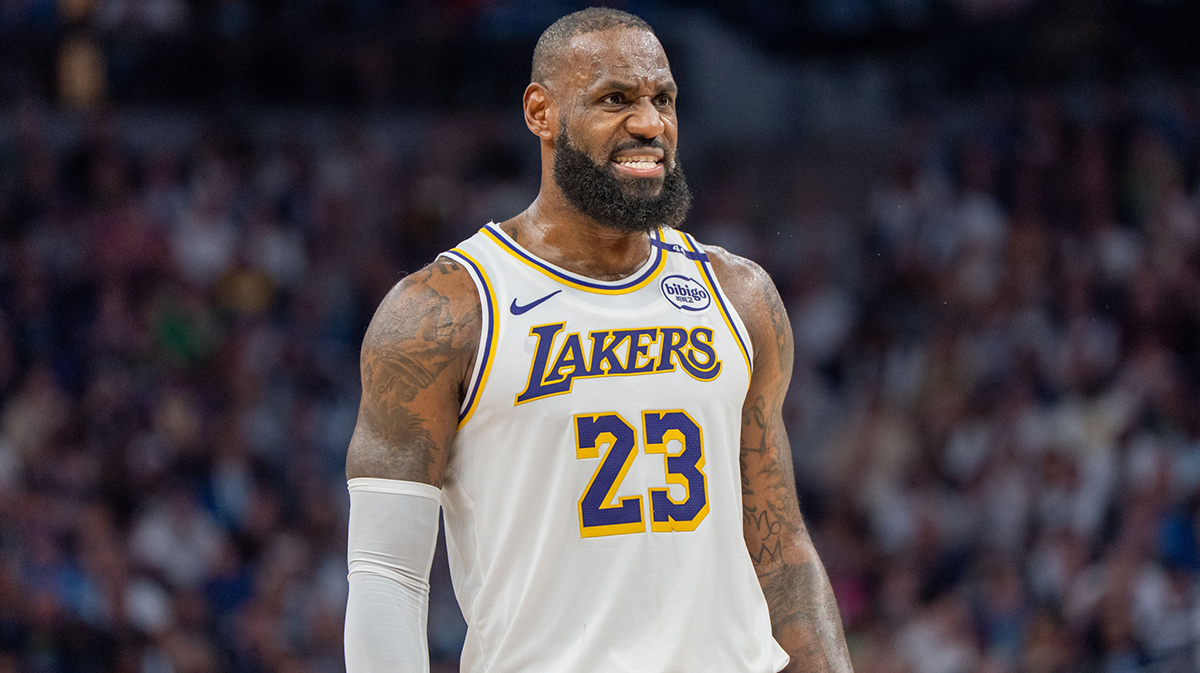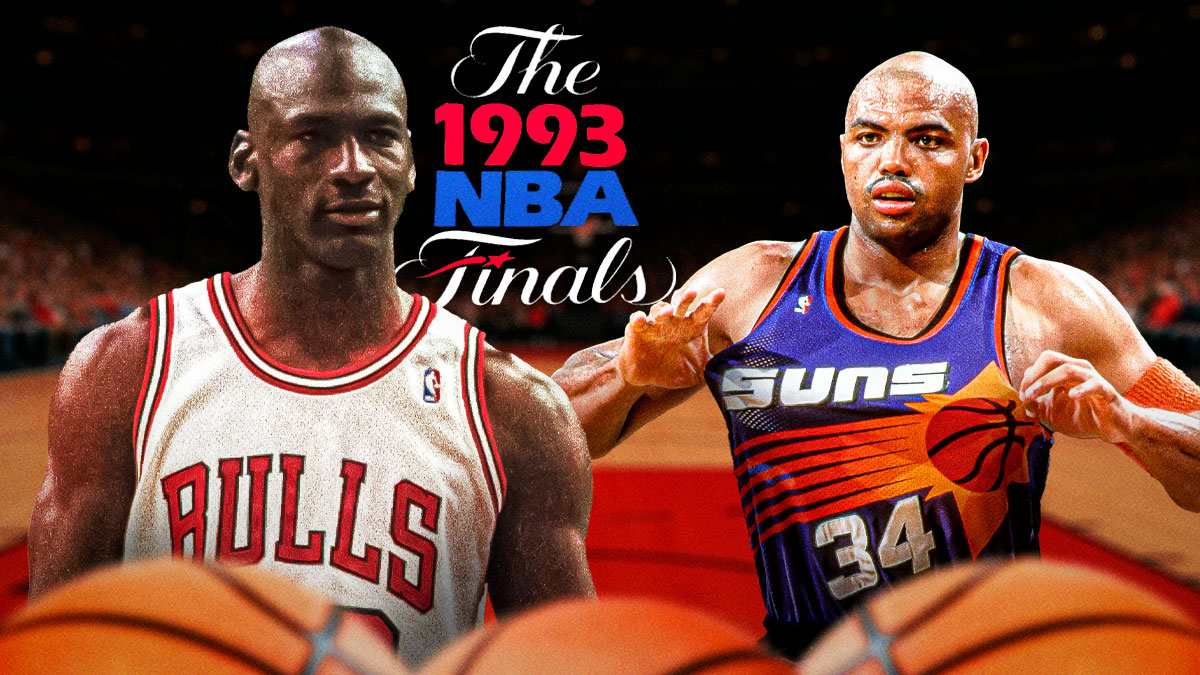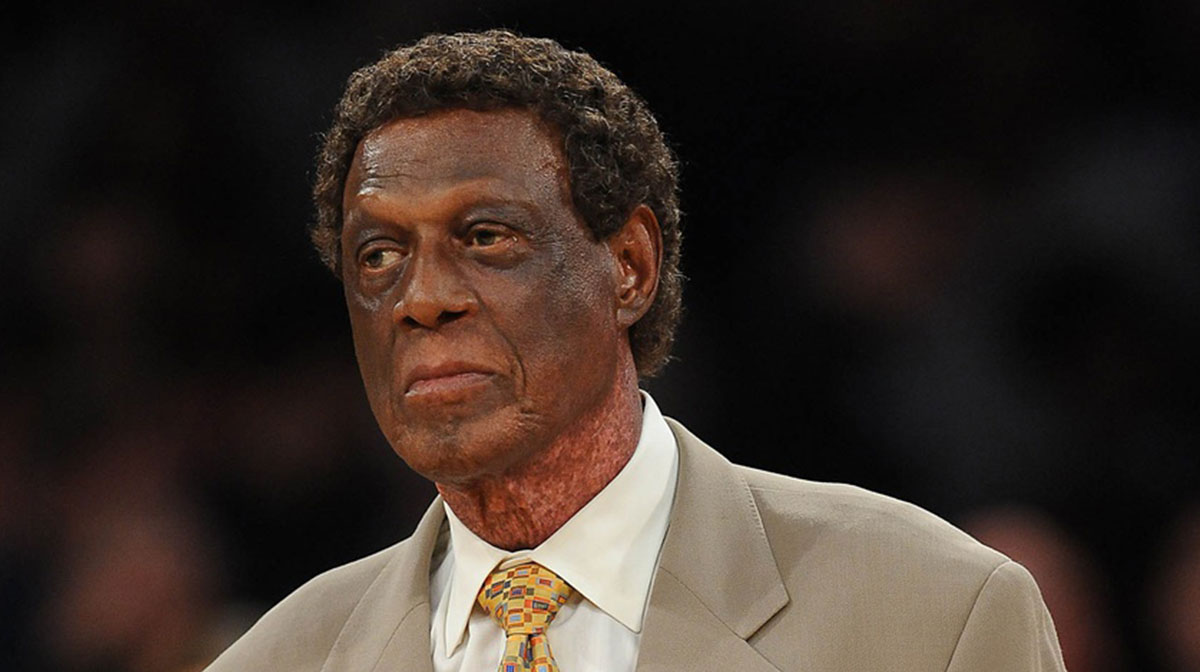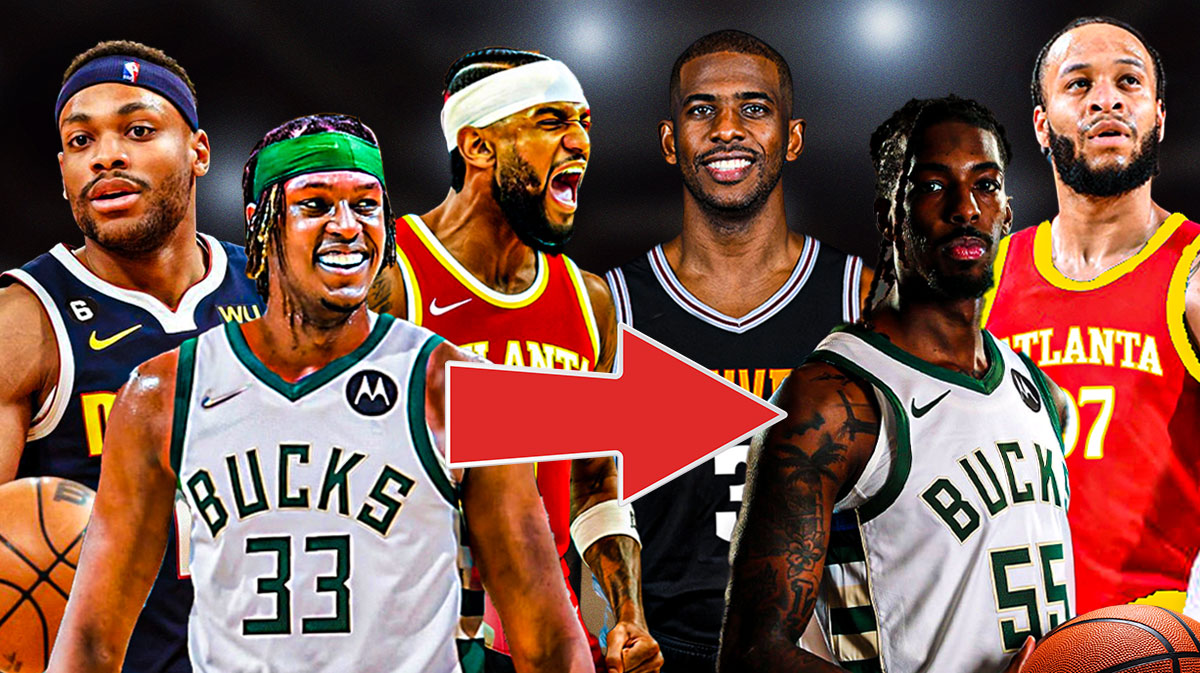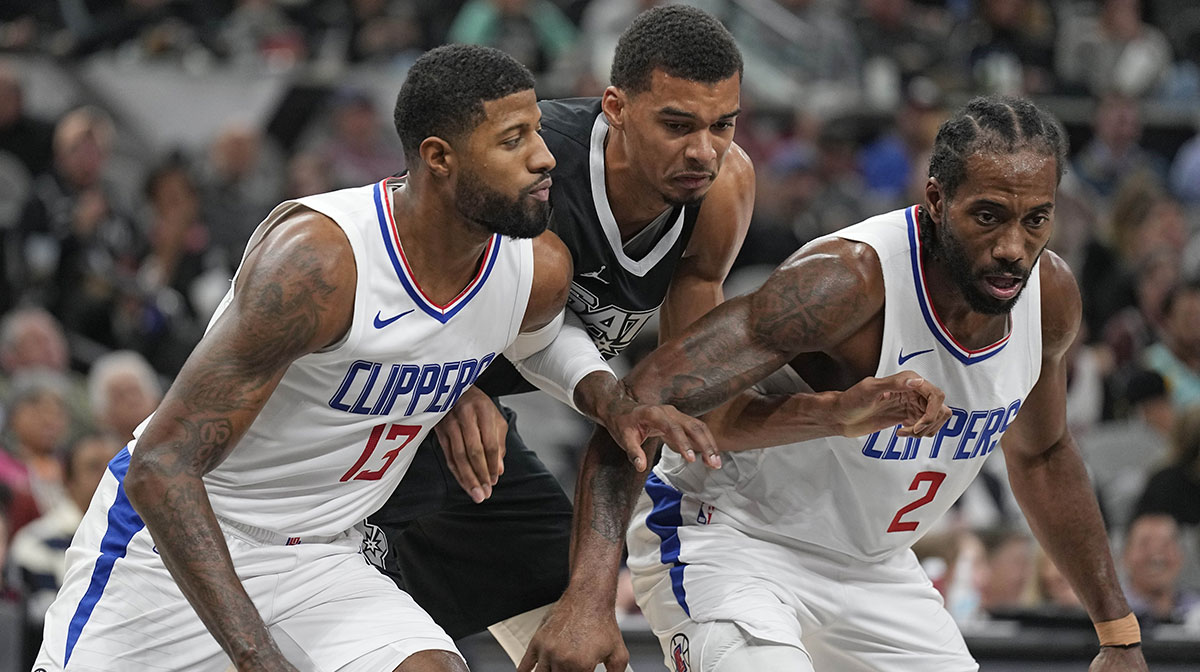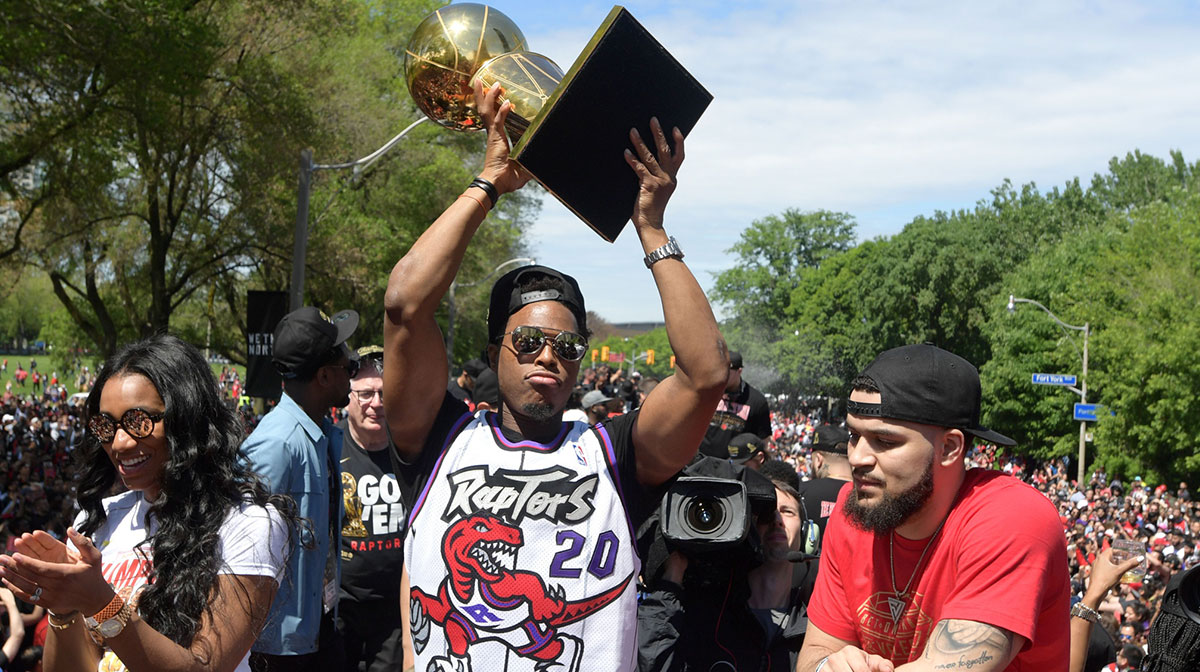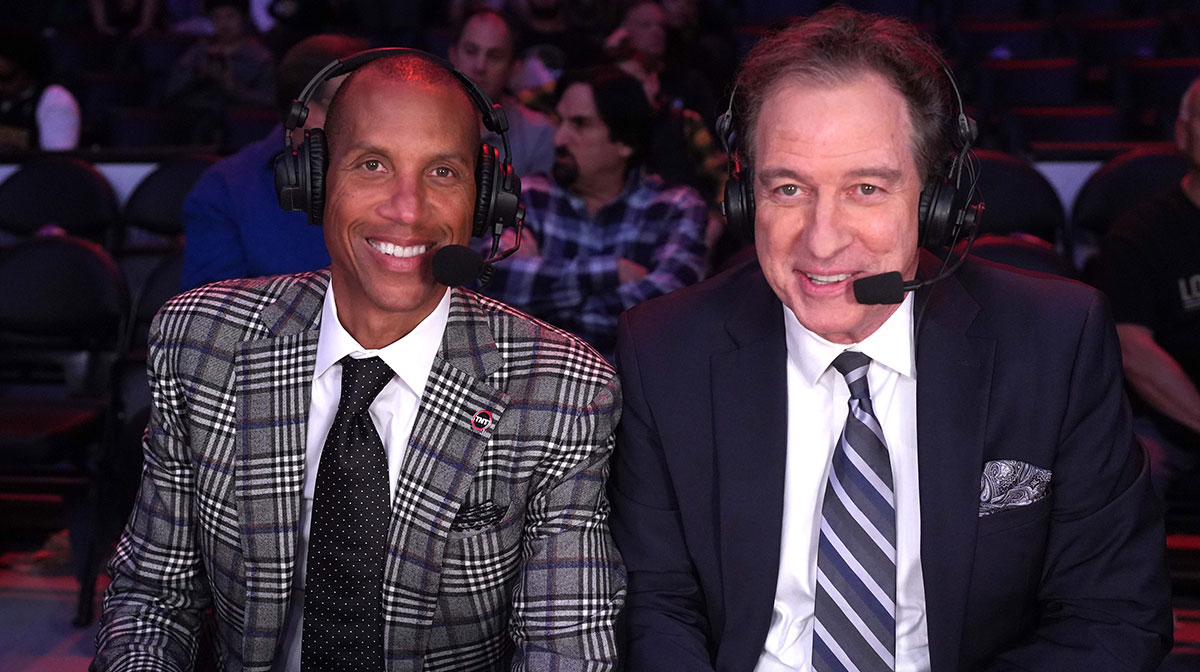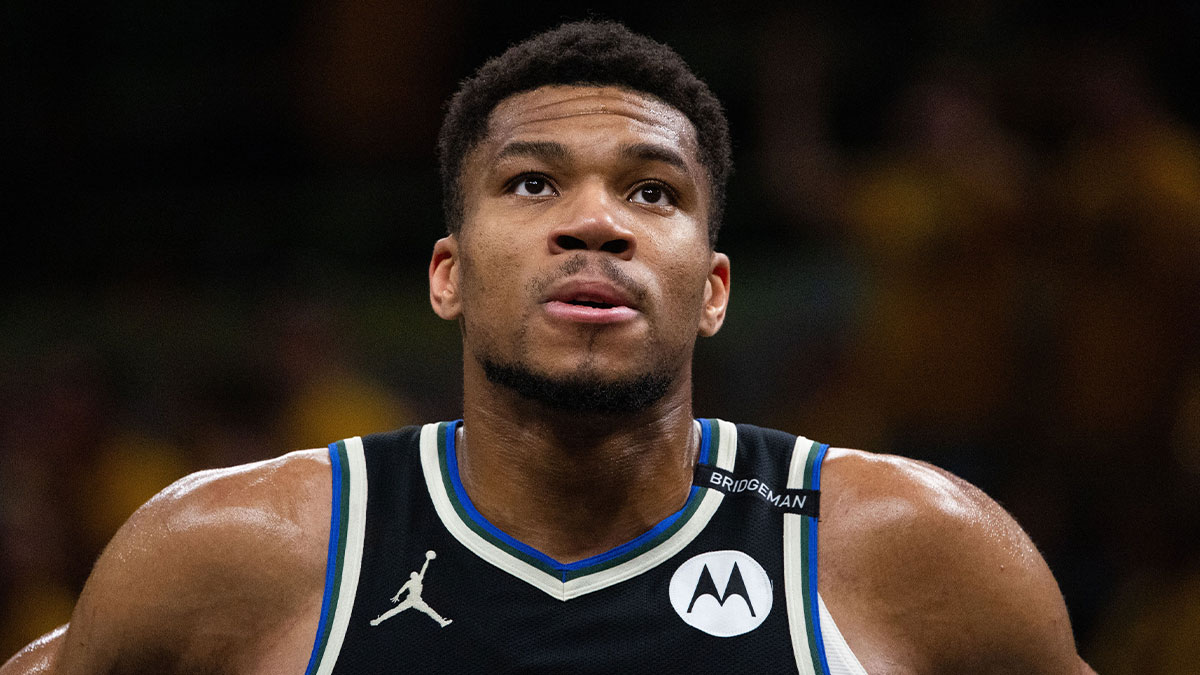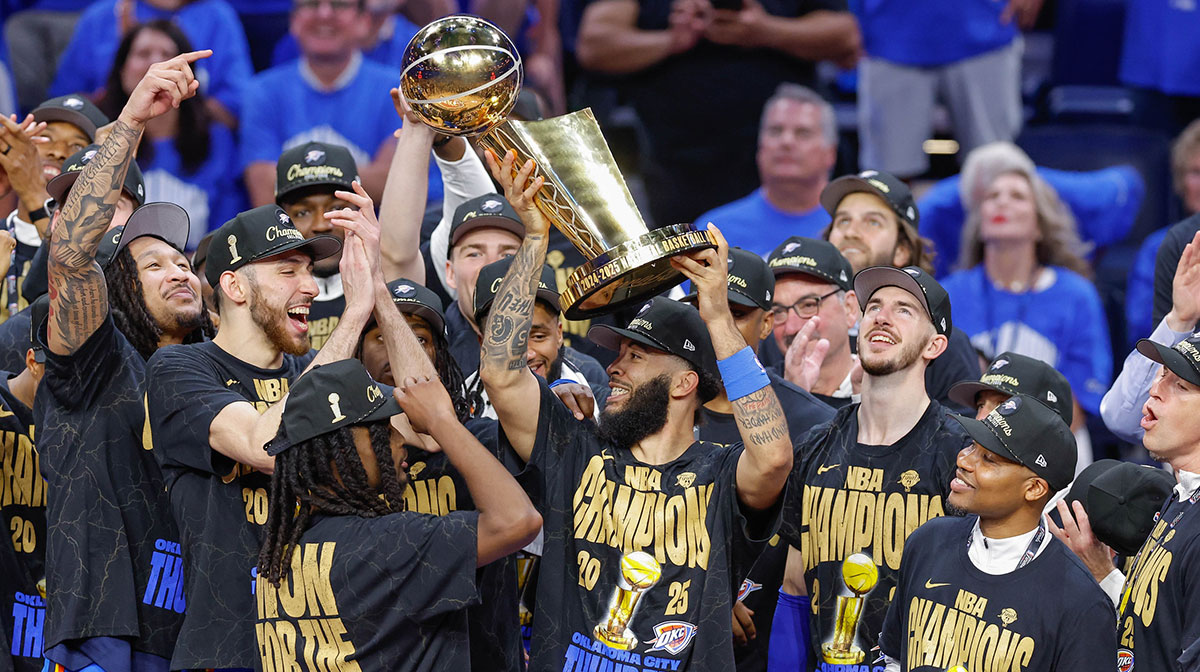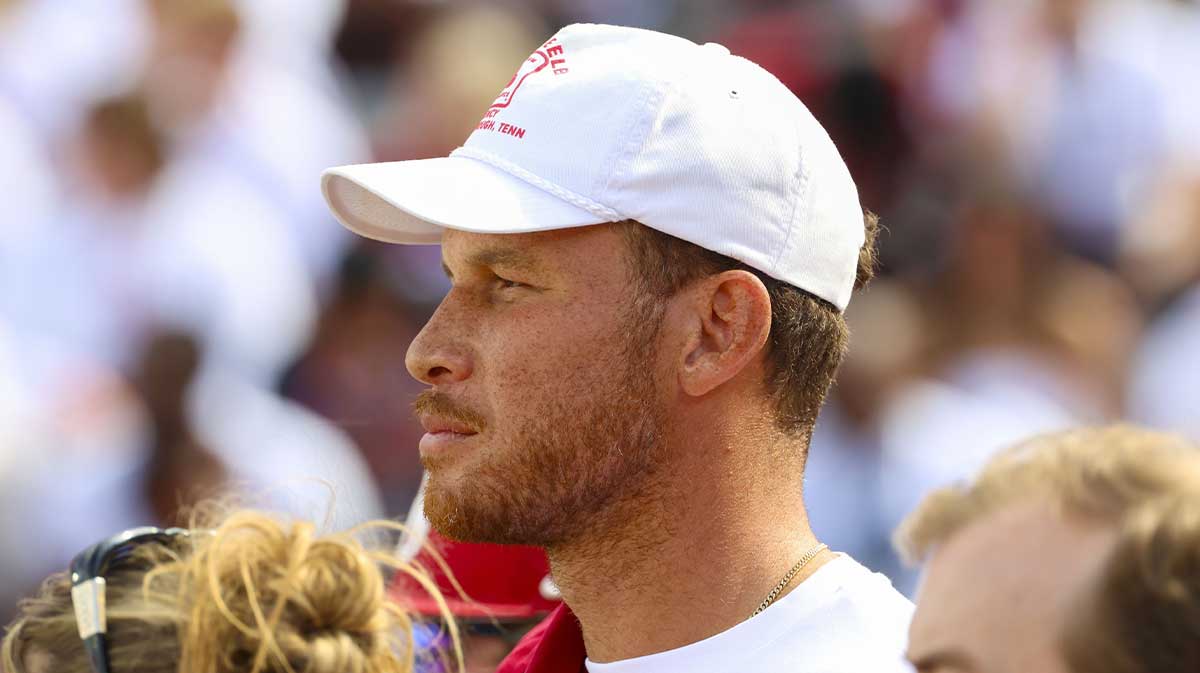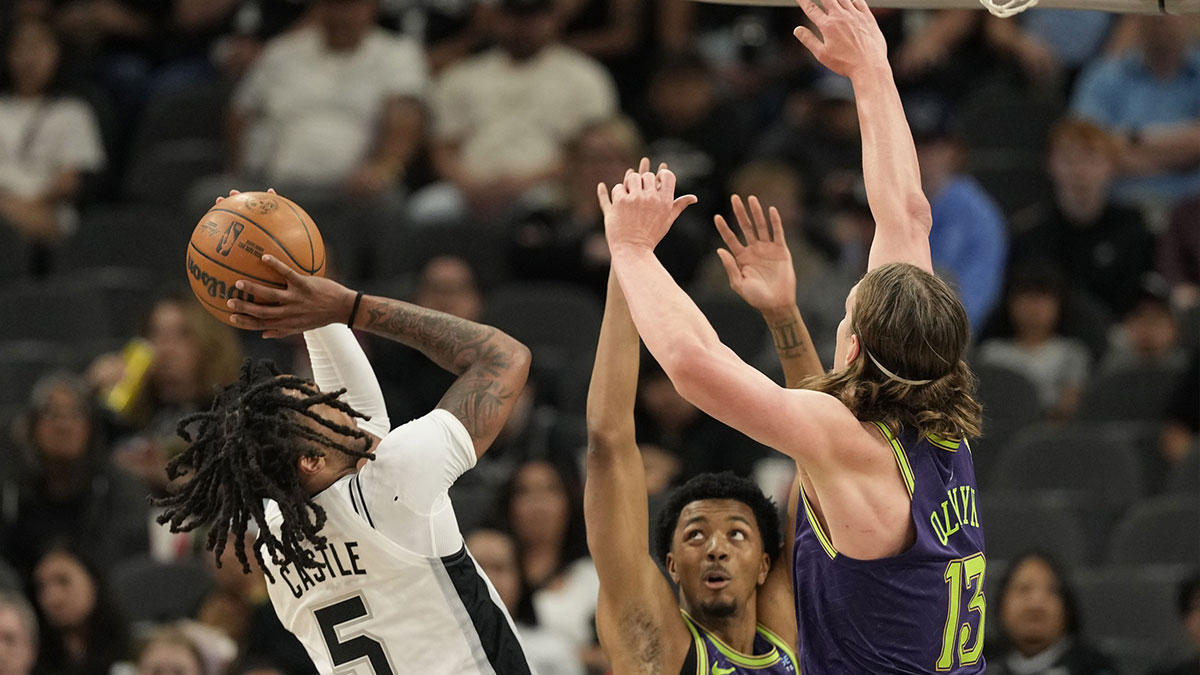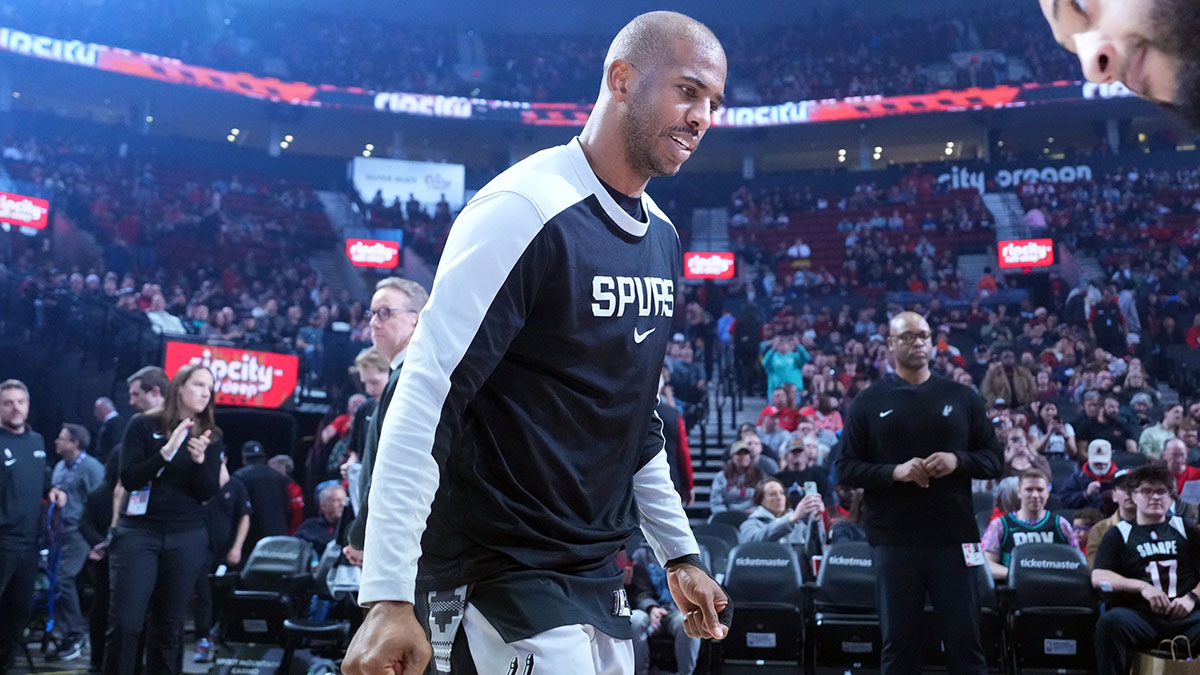Back in the good old days (four months ago), NBA fans were debating trends in the sport, who would win the Eastern and Western Conference, and who should be the number one pick in the draft, among other topics. One of those talking points was resting stars, officially known as “load management.” That element of the sport will come center stage in two months.
The NBA will be resuming the regular season in Walt Disney World with 22 teams. That figure is formulated by including the eight teams in the playoffs for both the Eastern and Western Conference as well as teams within six games of the eighth seed in their respective conference (Washington Wizards, Portland Trail Blazers, New Orleans Pelicans, Sacramento Kings, San Antonio Spurs, and Phoenix Suns).
These 22 teams will compete in an eight-game regular season. If the ninth seed is four or fewer games out of the eight seed, they'll battle the eighth-seeded team in a head-to-head battle. The ninth seed faces double elimination, whereas the eighth seed faces single elimination.
The location is fascinating, the venue will look different, and the environment will be unconventional. It offers coaches of contending teams with a compelling option: rest your stars.
Surely, contending teams or simply teams locked into the playoffs will want to get their rotation some run before the playoffs begin. At the same time, why would they have players take on their typical workloads? What happens if a vital piece to the puzzle gets hurt and has to miss the postseason?
There is no such thing as home-court advantage in the 2020 NBA playoffs. The location is an empty gym. It's players and coaches. There's close to no incentive in going all out for eight games for the sake of playoff positioning; you're not playing for home court.
In all likelihood, teams will want to get their players some run against fellow NBA teams, as they'll basically be coming off an offseason (four and a half months). Maybe a team wants to put off playing an opponent as long as possible based on whim or the mindset that they matchup poorly against them. That said, what's the ideal trio of teams to go through?
There's one weak link in the West, and it's the 32-33 Memphis Grizzlies. They're a budding young team who's only such a link because of the firepower in the rest of the conference playoff picture.
The Los Angeles Lakers and Clippers, Denver Nuggets, Utah Jazz, Houston Rockets, and Dallas Mavericks have star power and high-octane offenses. Meanwhile, the Oklahoma City Thunder are a cunning group that has grinded its way to the fifth seed; they're a tough out, too.
One way or another you have to get through at least two of those teams. Pick your poison.
Eight teams have been removed from the equation, meaning the teams fighting for a playoff spot are the worst teams in the NBA from a record standpoint; every game will be difficult. That can be less daunting if and when coaches start thinking about the endgame: winning an NBA championship.
At times, it feels like a sighting to see Kawhi Leonard and Paul George on the floor together for the Clippers; they get rested on a considerable basis.
Paul Millsap and Gary Harris have been held back by injuries in recent memory. Perhaps the Nuggets play it coy with the two?
Luka Doncic and Kristaps Porzingis have missed notable time due to injury over the last two seasons; the last thing the Mavericks need is another injury scare with either player.
With Bojan Bogdanovic out for the season due to a wrist injury, the last thing the Jazz need is another key contributor to go down.
There's merit behind the Lakers (LeBron James and Anthony Davis) and Rockets (James Harden and Russell Westbrook) being cautious with their prolific star duos for the sake of them being 100 percent come playoff time. The Thunder may take Chris Paul's well-documented playoff injury history into account.
Even though the East has just one extra team battling for a playoff spot, a top-seeded team could affect the order that the Brooklyn Nets, Orlando Magic, and Washington Wizards finish. The way that pans out could knock the Nets (the seventh seed) or Magic (the eighth seed) out of the playoffs.
Here's a scenario: the ninth seed in the West is tied between the Trail Blazers and Kings on the last day of the regular season. The two teams are facing powerhouses in their own right. Portland's opponent plays its starters, whereas Sacramento's opponent rests its starters. The Trail Blazers lose, and the Kings win.
The aforementioned scenario could come into play in any given game, more specifically in the final few games.
Heck, maybe for some odd reason a top-seeded team matches up poorly with one of the teams vying for a playoff seed, and they don't want to face them in the playoffs. They can rest their starters against the teams that X team is competing with for the ninth seed. Juicy spin, right?
Load management could end a team's season. Concurrently, it could extend a team's season. It could force the Trail Blazers to miss the playoffs after making it to the Western Conference Finals the year prior. Maybe it gets the Pelicans' exciting young core in the playoffs. Simultaneously, a team could fall out of the eighth seed. Maybe Commissioner Adam Silver gets a complaint from a team that played well and didn't get in the playoffs because of another team resting its starters.
The potential headlines and outcomes are endless.
The NBA made the regular season a postseason. Uniquely, it's one that can be controlled by external factors.

